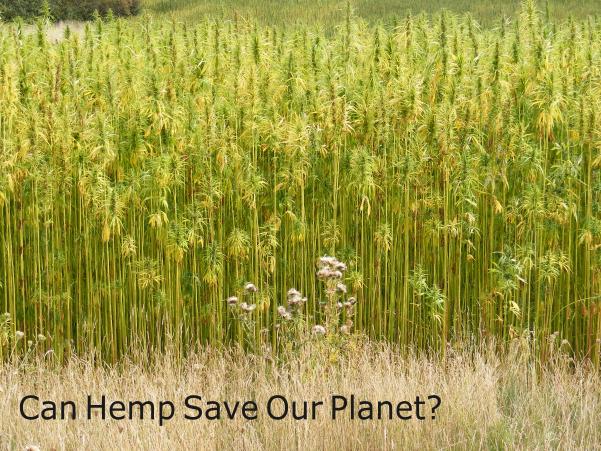The buzz around hemp and it's genetic precursor (cannabis) has quickly reached fever pitch with the Farm Bill effectively federally legalizing cannabis with less than 0.3% tetrahydrocannabinol.
All the misinformation, propaganda and political sway that criminalized one of the most useful plants on Earth is giving way to the race to exploit it as effectively as possible in the name of commerce.
It is no secret that Big Pharma, Big Ag, Big Alcohol and Big Tobacco are already lined up with game plans to profit from a commodity they fought against for so long. Cannabis and hemp-related M&A will headline the financial news and disrupt the markets as they quickly figure out how to maximize their political and fiscal capital.
No matter how or when the federal legalization, taxation and regulation of recreational, adult-use cannabis shakes out, the industrial hemp market will quickly rival and supercede other commodities because of it's versatility, abundance and durability.







